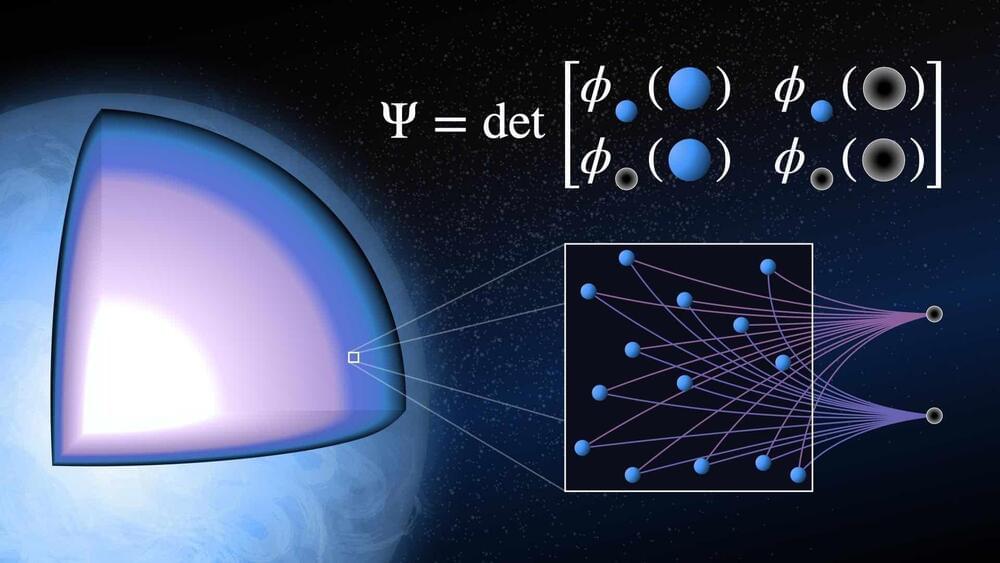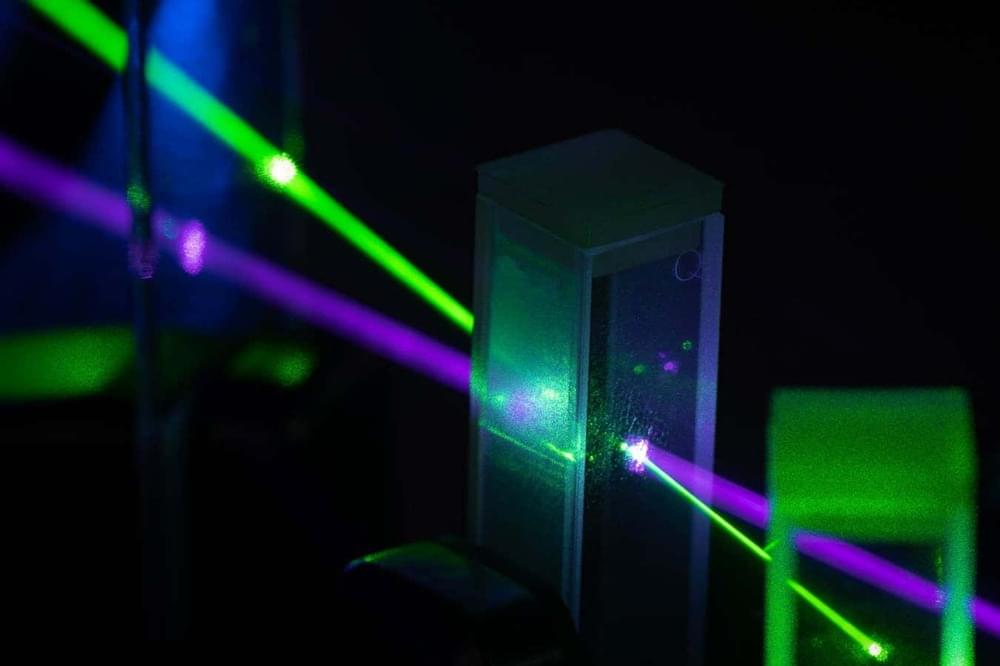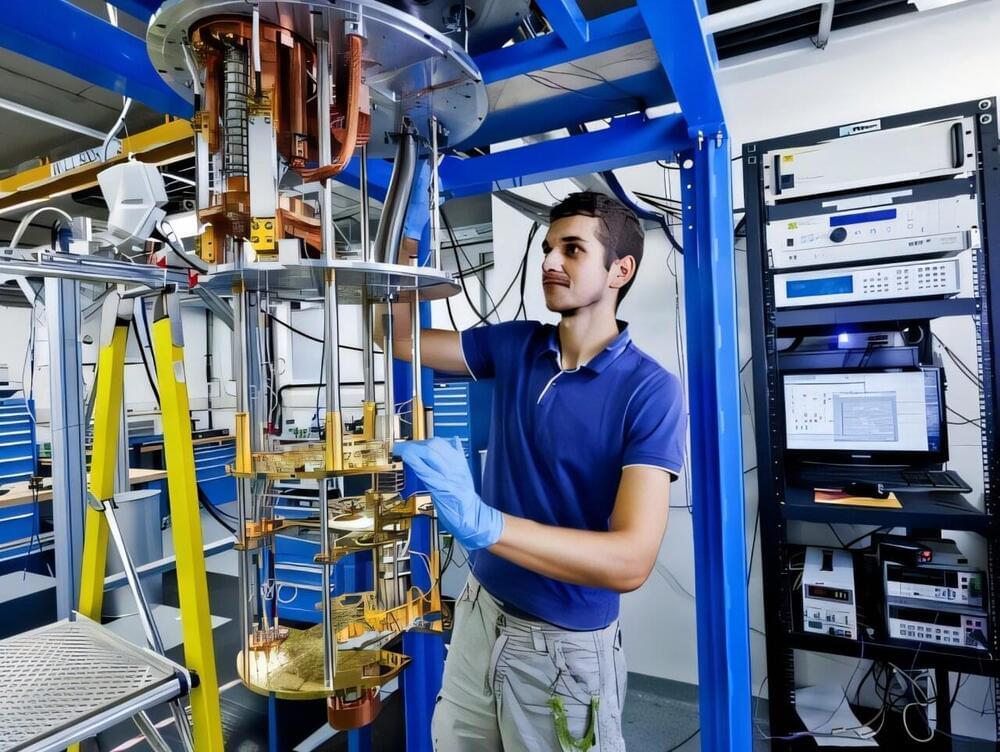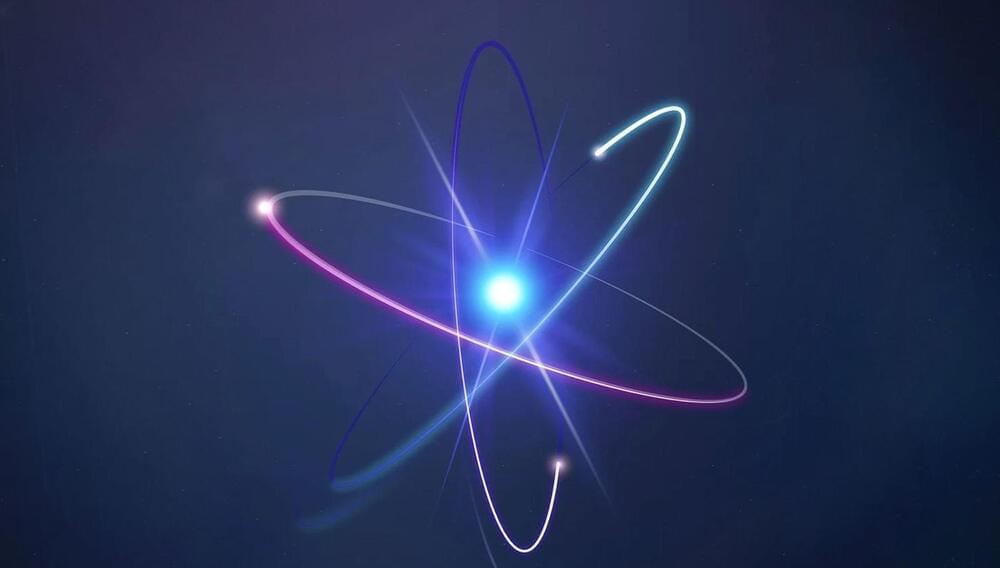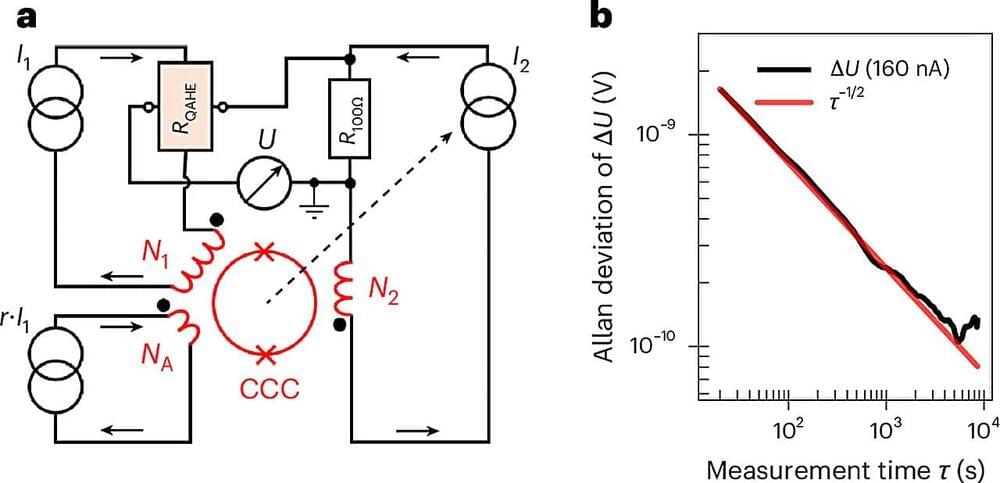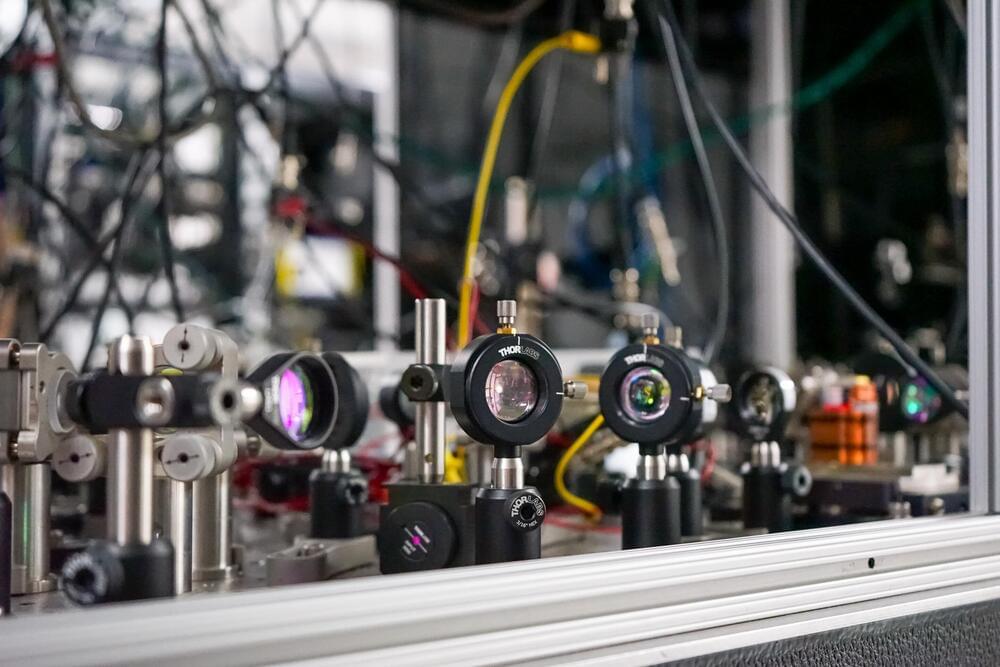A team of physics educators from Italy, Hungary, Slovenia, and Germany is pioneering a new approach to teaching quantum physics in schools. Traditional classroom methods have typically emphasized the history and origins of quantum physics, which can often create challenges for learners.
The researchers, including physics education specialist Professor Philipp Bitzenbauer from Leipzig University, focus on qubits—two-state systems that are both the simplest and most crucial quantum systems, capable of describing many situations. Mastering the control and manipulation of these qubits is fundamental to advancing modern quantum technologies.
According to Bitzenbauer, until now there have been no empirical studies of the effectiveness of these approaches using two-state systems in developing conceptual understanding in learners. There is also a lack of scientific research on the specific advantages and disadvantages for learning of different teaching approaches based on two-state systems.
